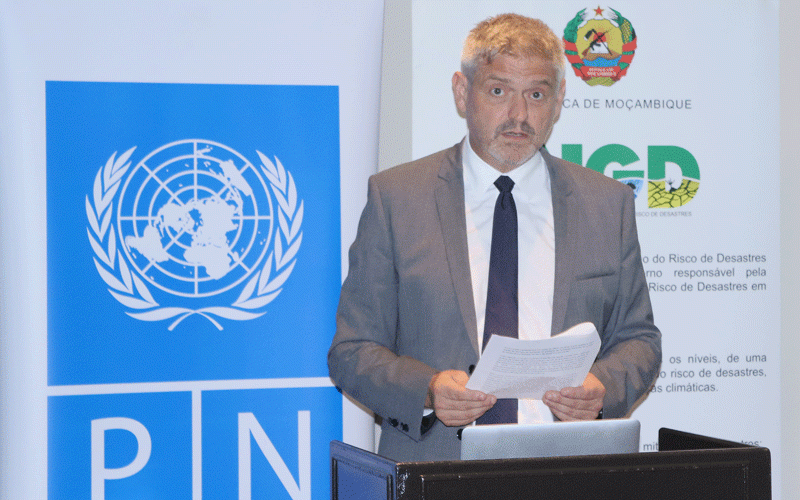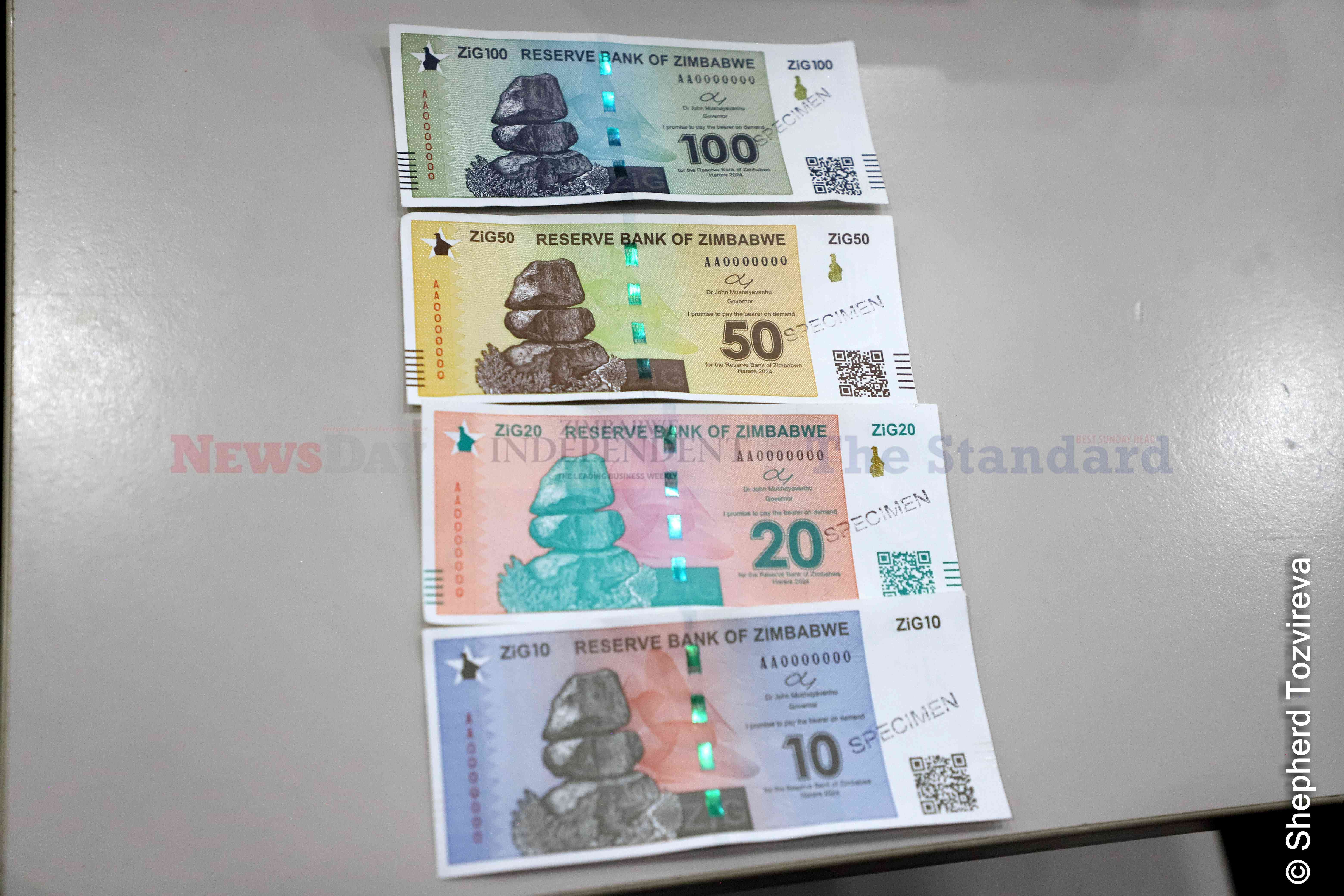
ZIMBABWE needs to enact a policy that enables more women to venture and participate in key sectors that drive the national economy, an official with United Nations Development Programme (UNDP) has said.
Report by Kudzai Chimhangwa
Key economic sectors such as mining, agriculture and tourism, which are strategic to national development, are dominated by men.
Speaking at a workshop organised by UN Women in the capital last week, UNDP gender specialist Doreen Nyamukapa said limited resources were allocated to women’s empowerment projects and an ideal policy would target increasing participation of women in the economy, politics and decision-making.
Zimbabwe is signatory to the Convention on the Elimination of All Forms of Discrimination Against Women, World Trade Organisation frameworks, Sadc Protocol on Gender and Development of 2008 and the Comesa Gender Policy, among others.
Nyamukapa commended the few prevailing sectoral policies that encapsulate some gender dimensions including quota, but noted that there was low uptake in some of the initiatives.
The country’s tourism policy includes a 30% quota for women to participate in ecotourism, a 30% quota for the mining sector and another 30% quota under the small-to-medium enterprises policy.
It was also noted that in most African countries, only about a third of women participate in economic activity as women only turn to entrepreneurship as a means of survival rather than economic empowerment. Resultantly, most women’s businesses remain small, rarely employ others and are subsistence based.
- Chamisa under fire over US$120K donation
- Mavhunga puts DeMbare into Chibuku quarterfinals
- Pension funds bet on Cabora Bassa oilfields
- Councils defy govt fire tender directive
Keep Reading
Speaking at the same event, UN Women Economic Empowerment senior advisor Adeline Sibanda said that a growing body of research showed that enhancing women’s economic options boosts national economies.
UN Women is pro-actively supporting women from both urban and rural areas to participate in local, regional and international markets, including trade fairs and cross-border trade.










